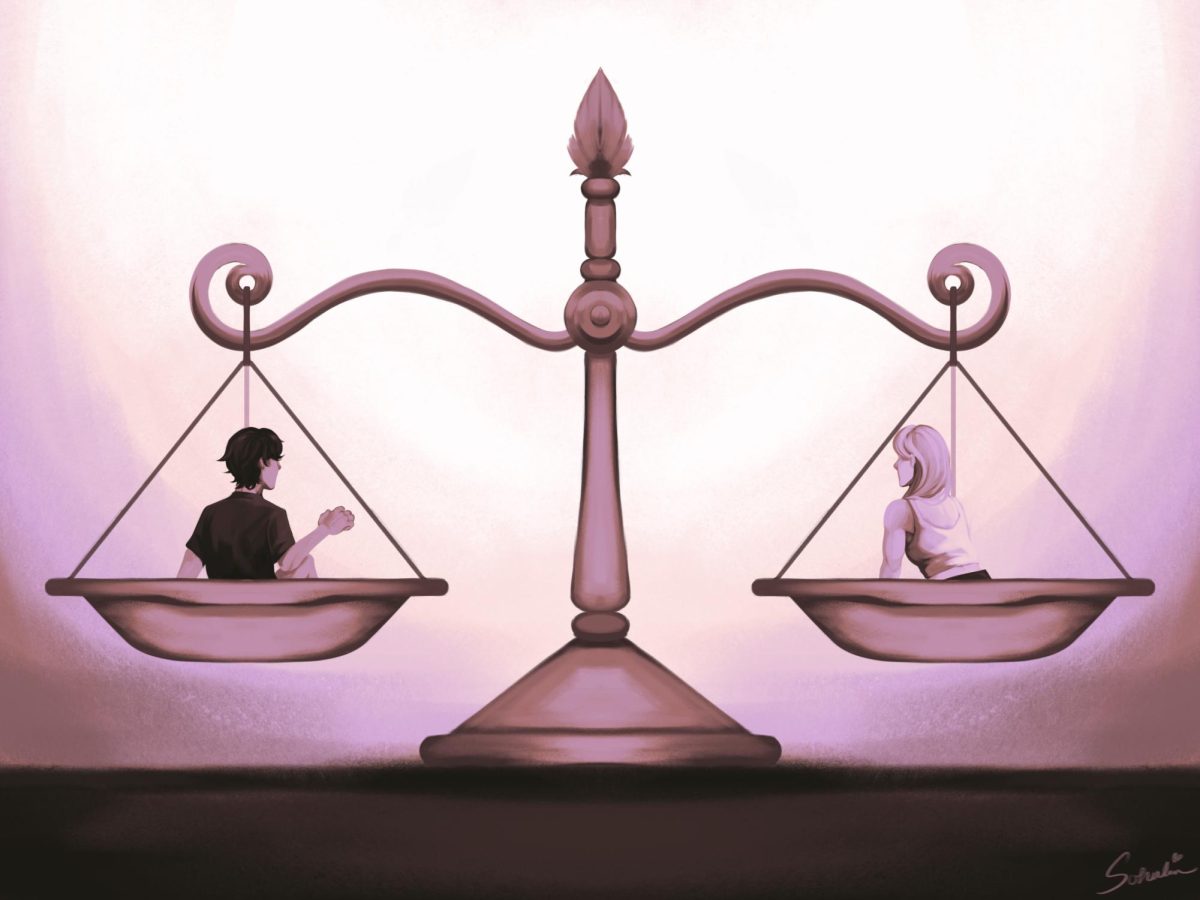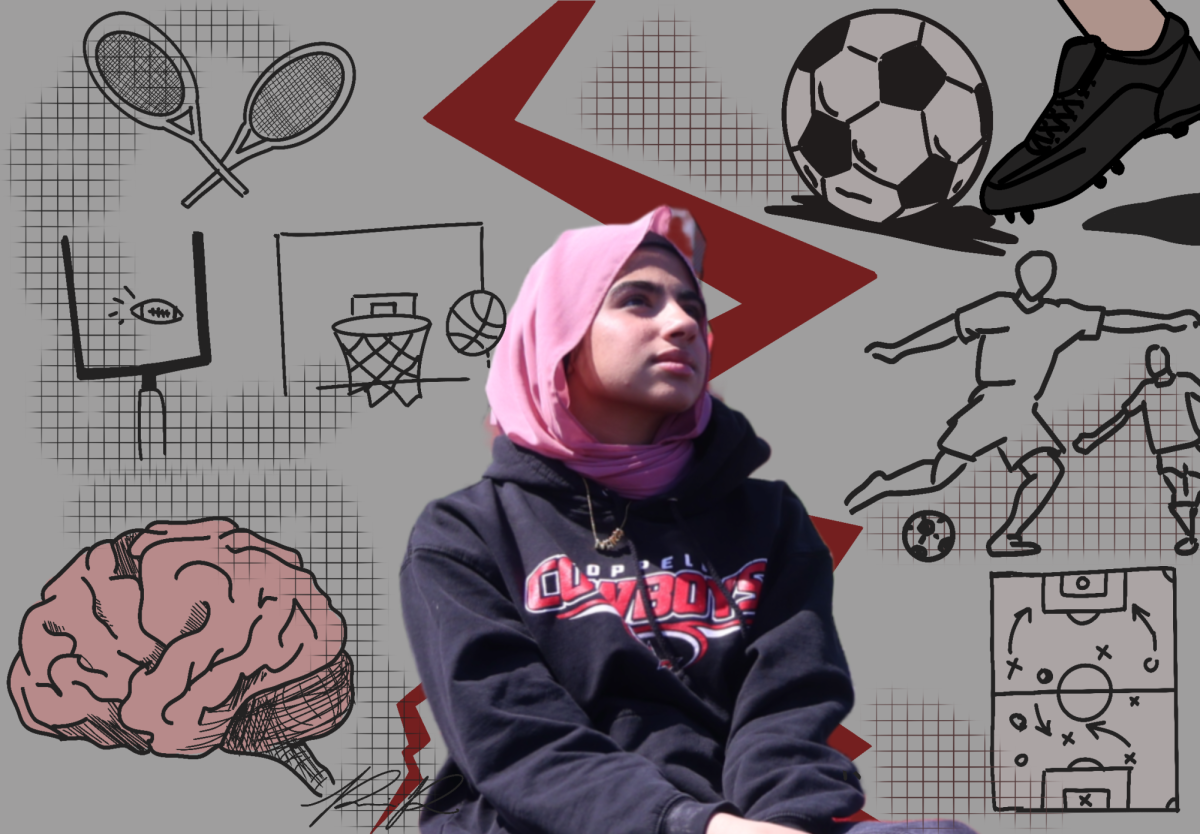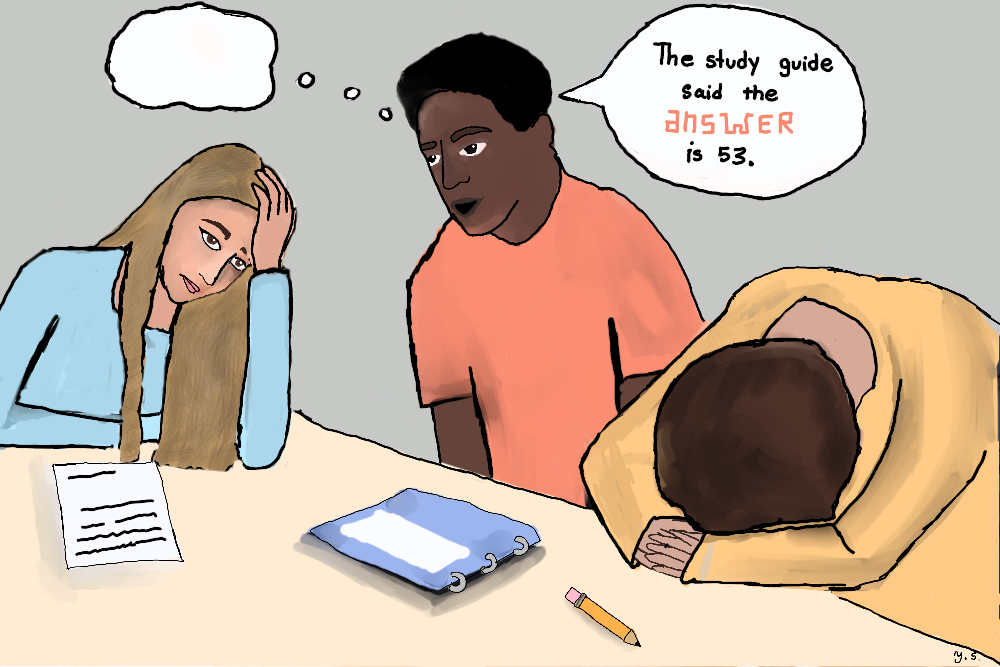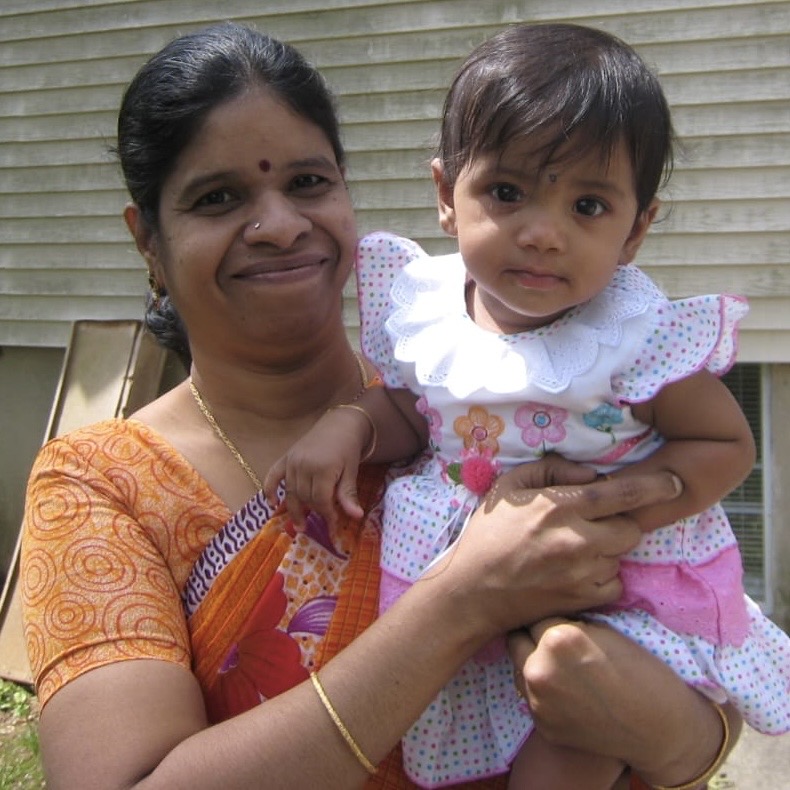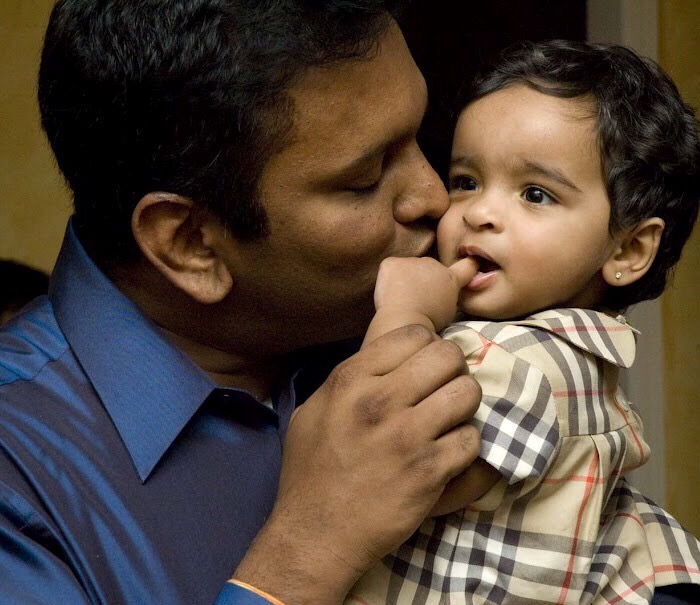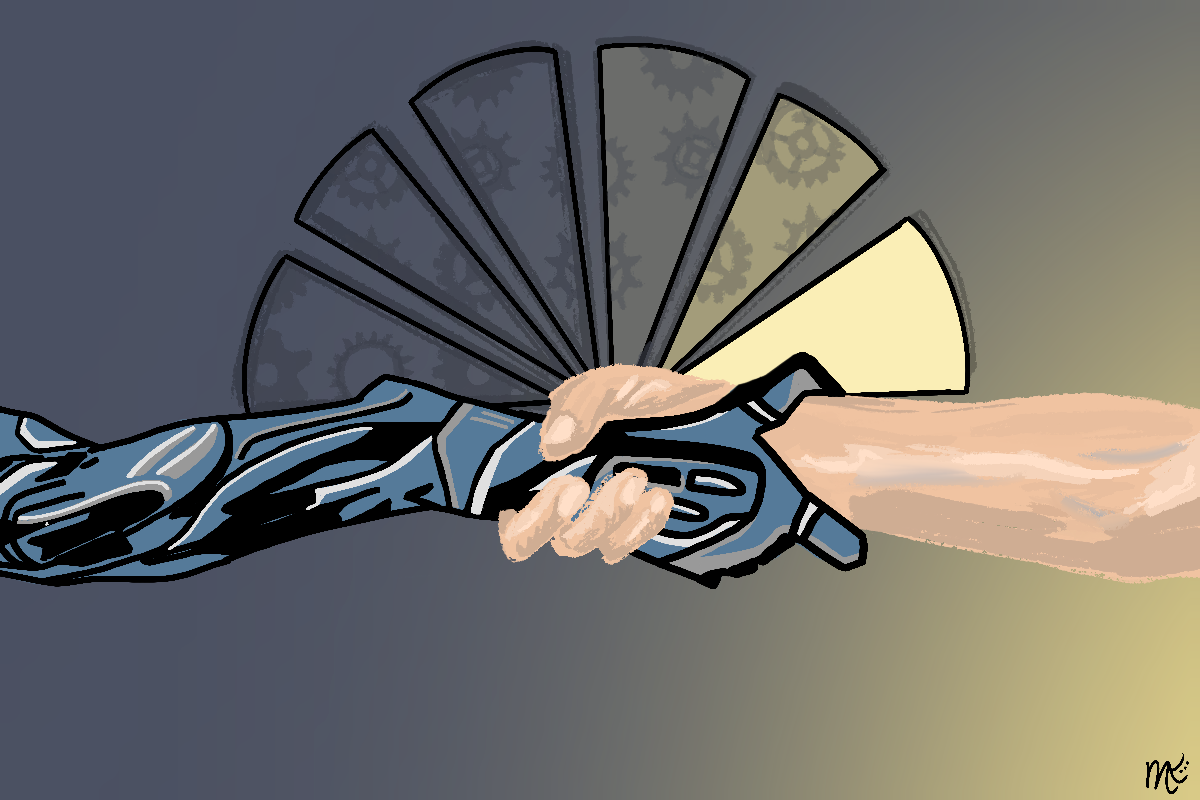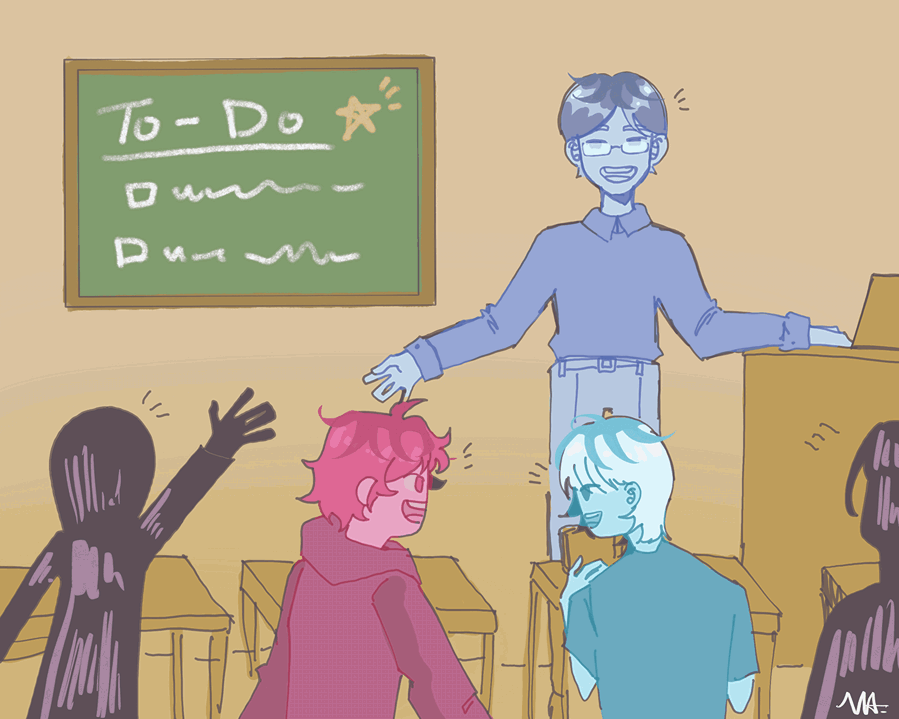I would describe my 4-year-old self as very girly.
Back then, I kept my hair styled as a short bob. I decked myself in as many dresses and skirts as possible. I always wanted to try makeup and jumped at any opportunity to do so. I held a love and admiration for things like Barbie and Dora. To family and friends, I was the epitome of a girly girl.
Then I moved to Texas, where the first seeds of change started to bloom.
The first notable change I noticed was rooted in my friends. I used to surround myself with girls and only girls but I found myself surrounded by only boys when I moved into an apartment complex in Valley Ranch in kindergarten. It was not for a long time, but as I had only guys as friends, I ended up picking up the interests they introduced. Within the span of a year, I watched my interests shift from princesses and dolls to things like Minecraft and Legends of Chima, all of which consisted of a heavily male fanbase.
But I appeared very girly throughout elementary school. As boyish as my interests had become, I was still viewed as a girl. That too changed when I entered middle school. I found myself less and less fond of the clothes younger me would love. To me, baggy gender-neutral clothing served as a sanctuary I could escape to in order to avoid the body insecurities I developed as I became older. This change led to a change in people’s perception of me. I was no longer a girly girl anymore. In their eyes, I was now a tomboy.
Toward the end of freshman year, the last traces of 4-year-old me were extinguished. My short messy hair complimented by baggy form-concealing clothing topped off with the mannerisms and voice of a prepubescent boy made way for a new perception of me. For society, a tomboy would now be too feminine of a description of me.
Are you a girl or a guy?
I mean, you look like a femboy.
Oh, we thought you were nonbinary.
I used to think you were a guy.
Are your pronouns he/him?
You are a closeted transgender.
Comments like these direct themselves towards me quite frequently. I expected comments like these from friends and outsiders, but at some point even my own family started having worries about not knowing who I truly was. The regularity of these comments which came from all directions soon led to my indifference.
But there was not just a change in what people called me. I saw a change in how people treated me. From getting my hair ruffled, being told I act like a boyfriend to getting told that certain things I do make it seem like it is just like having a man around, I slowly came to the realization that to many people, I am more of a guy than a girl.
But I am not a guy. I am not nonbinary either. I do not act the way I act because I yearn to be a guy. In fact, I love being a girl.
Despite the way people view me, I have never felt that I was less of a girl. Not once in the 16 years I have been on this planet have I thought that I was not a girl. No matter how baggy my clothes get, how boyish I may act, or how short my hair is, I will always be as much of a girl as 4-year-old me, or any other girl who may fit society’s standard better.
Your concept of being a girl or guy is solely dependent on you. Do not let society dictate what you are. Compared to your own belief in yourself, what society says is irrelevant.
Trying to fit society’s concept of who a woman or man is can only help you build confidence in your identity, as external validation can help you truly believe in yourself. But if a simple comment can make your belief falter, then how strong was your confidence in what you are in the first place? Know that you do not need to match society’s ideals if you can reaffirm your own identity.
Remember that how much of a man or a woman you are is not defined by how well you match society’s ideal, but by how confident you are in your own identity.
Follow @CHSCampusNews



